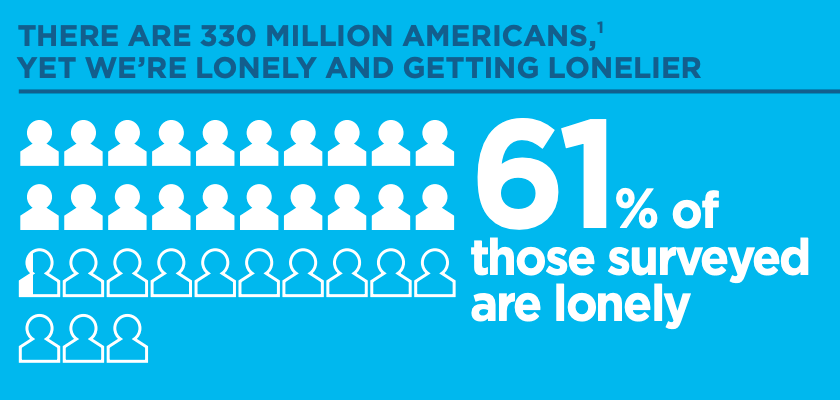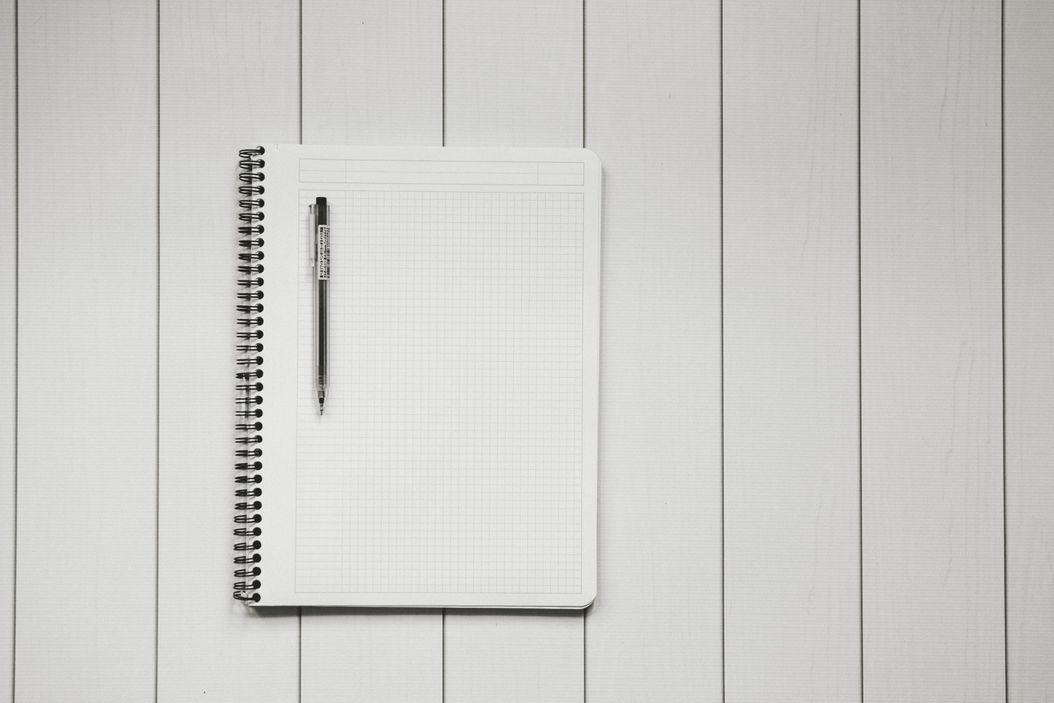Humans are creatures that need social interaction no matter the combination of characteristics that form your distinctive character. All personalities, introverts and extroverts, are alike in feeling alone during COVID-19.
The epidemic of loneliness has been present long before the pandemic. The rate of loneliness in the U.S. has tripled over the past forty years. In the 1980s, it was 20% and according to Cigna’s 2020 report, it is now 61%. I predict it has skyrocketed even more these past weeks.
Loneliness is inevitable. It is a major challenge in happiness. No one is immune to it, even introverts. I’m an extrovert and this quarantine has been a challenge for me to redefine socializing. I recognize these are adverse times for everyone. Susan Cain, the author of Quiet: The Power of Introverts in a World that Can’t Stop Talking, states that “Everybody draws energy from other people.” We are all in this together.
Each person is responsible for upholding the well-being of the world’s inhabitants to prevent the virus’s spreading. I realize that these lonely times have been thrust upon us without choice; though, there is potential to shift this perception. I am going to spend the most time with myself from inception until death, so I want to be a proactive problem-solver. Before this quarantine, after acknowledging my extroversion, I opted into experiments to become more comfortable with being alone. At the start of 2019, I decided to partake in a solo writing retreat.
My lessons learned about loneliness
Being surrounded by friends and family most of my life, I feared to be alone for extended periods of time. I drove 5 hours up to my family’s remote cottage without anyone besides only my cat Smudge. No friends. No family. This was something I had never done before. I spent two weeks locked in a cabin in the woods to write at Walloon lake where Ernest Hemingway had. This was an environment he thrived in, so I wanted to try it out myself. Despite my intention of being productive in writing, it was far from enjoyable. I grew desperate for connection and felt lonely. I managed to find ways to be in solitude but the majority did not involve writing. I grew comfortable with the acceptance of enjoying my own company, despite failing at my goal for the solo writing retreat, I found learning in how to spend time with myself.
Prior to this trip, the first time I ever felt fully alone was when I lived in a foreign country in a single room outside of Amsterdam’s city center in January 2017. I did not know anyone, and it was hell for an extrovert. It was the first time in my life that I lived without a roommate or in a real city that wasn’t a suburb or college town. I didn’t have a support system awaiting me and had to create my own. It was lonely and scary in the beginning. These challenges and adverse times made for all the more growth in myself. This stress pushed me to be more outgoing to connect with others out of desperation. I took advantage of those who I sat next to in class, made plans with my neighbors, and worked in more public areas in cafes to meet strangers. I become resourceful with different techniques that were different than my norm. I learned that being alone does not mean that I have to be lonely.
The reason loneliness is not a common topic
We know our own selves from the inside out. What we know of others is contingent on what they share with us. It is typically exposing little above surface information. Unlimited data on ourselves and limited data on others causes psychological asymmetry. The outcome creates shyness. Under the assumption that no one else shares the same feelings as ourselves, we get intimidated to share vulnerabilities. To overcome the effects of psychological asymmetry, we have to trust that we are not as weird as we assume. We fear no one else feels lonely. By not talking about feeling lonely causes it to increase.
Why is it advantageous to be comfortable while feeling lonely?
The choice of being alone versus being lonely are not the same. Loneliness and solitude are different. It is reasonable to feel lonely yet still feel as though you need some time to yourself. Redefining loneliness as the desired solitude feels peaceful, creative, restorative. It builds sympathy, character, and independence.
Four ways to feel less lonely:
-
Build in small interactions into your life. This can be a brief recurring call you have with loved ones to serve as a check-in. Reciprocate voice notes to friends that feel more personal than reading a text.
-
Partake in pastimes that are meant to do alone. I am learning to play the piano, which is meant to be a solo act. The same with meditating– it is just between you and your mind. Try turning up music and dancing. The desire for solitude comes from the trait of independence. Start choosing to partake in more independent activities in your life.
-
Reach out to individuals who are important in your life. Taking time to rekindle relations by sending notes, email or texts of why someone is important in your life. Introverted organizational psychologist Adam Grant sent out 100 emails when he was lonely while in graduate school at the University of Michigan. As the responses came in, he no longer felt alone.
-
Join virtual communities. These can be supportive in having the company for surface-level connection.
I urge you to redefine what loneliness means to feel empowered and destigmatize it. Get creative with what you try and track how you feel. As Maya Angelou said, “People will forget what you said, people will forget what you did, but people will never forget how you made them feel.” Do not forget how to make efforts to change how you feel. For the rest of life, we are guaranteed to be spending time with ourselves, so we should make it enjoyable.



